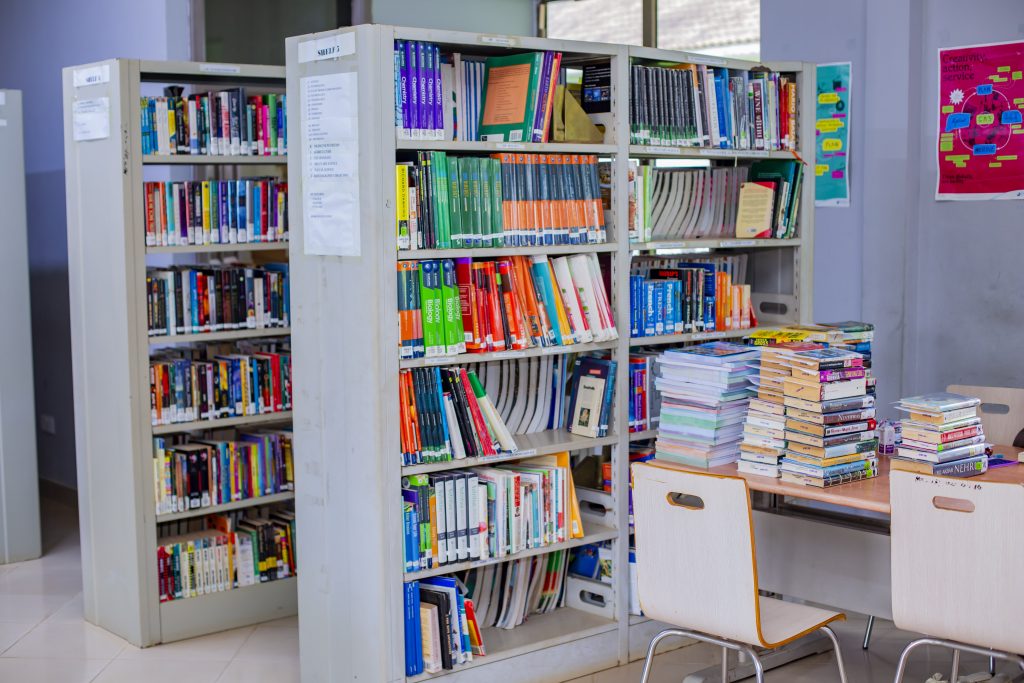Key Takeaways:
- Journaling stimulates creativity by encouraging free expression, brainstorming, and idea generation.
- It deepens self-reflection, helping students and professionals alike to track growth, patterns, and progress.
- Regular journaling improves focus, problem-solving, and academic performance.
- Building a journaling habit develops self-discipline, supporting long-term personal and educational success.
Journaling is a simple yet powerful practice that develops both creativity and reflection. For students, teachers, and lifelong learners, journaling provides a safe space to explore thoughts, process experiences, and develop innovative ideas. Beyond being a writing exercise, journaling is a proven tool for self-awareness, academic improvement, and personal growth.
This article explores how journaling boosts creativity and reflection, along with practical strategies to help you or your students cultivate a meaningful journaling habit.
The Connection Between Journaling and Creativity
Creativity thrives when the mind is free to wander, make connections, and experiment with ideas. Journaling supports this process by:
- Encouraging free expression: Writing without judgment unlocks fresh ideas.
- Enhancing imagination: Creative prompts and storytelling exercises spark new ways of thinking.
- Recording inspiration: Journals capture fleeting ideas before they are forgotten.
For students, this creative freedom can lead to better writing, problem-solving, and innovative thinking in academic and personal projects.
Journaling as a Tool for Reflection
Reflection is essential for growth, and journaling provides a structured yet personal way to do it. Through consistent writing, learners can:
- Identify strengths and weaknesses in academics and personal life.
- Recognize patterns in behavior, study habits, or emotional responses.
- Celebrate achievements and acknowledge progress over time.
Research shows that reflective writing improves critical thinking and helps students set clearer, more achievable goals.

Academic Benefits of Journaling
Journaling is more than a personal diary—it is a valuable academic tool. Students who journal regularly often experience:
- Improved writing and communication skills.
- Better comprehension and retention of information.
- Increased focus and self-regulation.
- Reduced stress, leading to improved classroom performance.
Teachers can integrate journaling into lessons to encourage deeper learning and student engagement.
Practical Strategies to Start Journaling
- Start Small – Begin with five minutes a day to avoid feeling overwhelmed.
- Use Prompts – Questions like “What did I learn today?” or “What challenged me most?” help guide reflection.
- Mix Formats – Combine words, sketches, or diagrams for creative flexibility.
- Stay Consistent – Choose a regular time, such as before bed or after class.
- Keep It Private – Journals should feel safe and judgment-free to encourage honesty.
Long-Term Success Through Self-Discipline
The true power of journaling lies in its consistency. Like any habit, journaling builds self-discipline—teaching learners the value of routine, patience, and persistence. Over time, the habit of writing daily reflections and creative thoughts not only enhances academic performance but also strengthens personal resilience and growth.
Final Thoughts
Journaling is a simple yet transformative practice. It develops creativity, leads to deep reflection, improves academic outcomes, and builds the self-discipline necessary for lifelong success. Whether you are a student seeking clarity, a teacher encouraging reflection, or a parent supporting your child’s learning journey, journaling offers a path toward meaningful growth.
Start small, stay consistent, and watch how this practice turns everyday thoughts into stepping stones for greater creativity and reflection.
Frequently Asked Questions (FAQs)
1. How does journaling help students academically?
Journaling enhances writing skills, improves comprehension, encourages self-reflection, and helps students retain information more effectively.
2. Can journaling improve creativity in subjects like science and math?
Yes. Journaling encourages problem-solving, brainstorming, and reflective thinking, which are valuable in all academic disciplines.
3. How often should students journal?
Even 10 minutes a day can make a difference. Consistency matters more than length.
4. What if a student struggles with writing?
They can use bullet points, mind maps, or sketches instead of long sentences. The goal is expression, not perfection.
5. Should teachers read students’ journals?
Journals can be private, but with permission, teachers may review them to understand learning patterns and provide better support.
